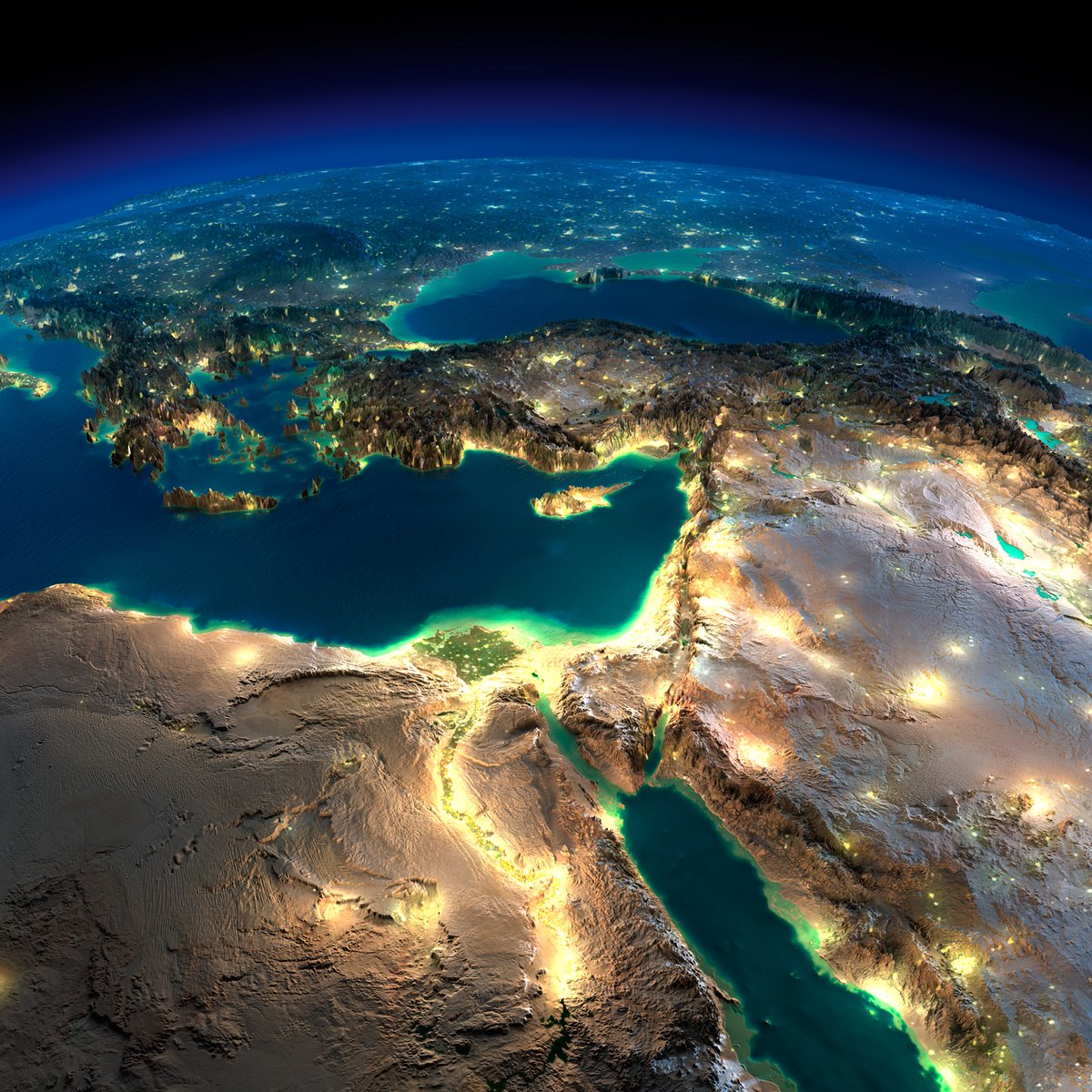Here is a short thread as we light the candles for the second night of #Chanukah 🕎 called 'The light of the spirit never dies'. Chanukah sameach! 🥳 

There’s an interesting question the commentators ask about Chanukah. For eight days we light lights, and each night we make the blessing over miracles: she-asah nissim la-avotenu.
But what was the miracle of the first night? The light that should have lasted one day lasted eight. But that means there was something miraculous about days 2 to 8; but nothing miraculous about the first day.
Perhaps the miracle was this, that the Maccabees found one cruse of oil with its seal intact, undefiled. There was no reason to suppose that anything would have survived the systematic desecration the Greeks and their supporters did to the Temple.
Yet the Maccabees searched and found that one jar. Why did they search? Because they had faith that from the worst tragedy something would survive. The miracle of the first night was that of faith itself, the faith that something would remain with which to begin again.
So it has always been in Jewish history. There were times when any other people would have given up in despair: after the destruction of the Temple, or the massacres of the crusades, or the Spanish Expulsion, or the pogroms, or the Holocaust.
But somehow Jews did not sit and weep. They gathered what remained, rebuilt our people, and lit a light like no other in history, a light that tells us and the world of the power of the human spirit to overcome every tragedy and refuse to accept defeat.
From the days of Moses and the bush that burned and was not consumed to the days of the Maccabees and the single cruse of oil, #Judaism has been humanity’s ner tamid, the everlasting light that no power on earth can extinguish. #Chanukah sameach!
• • •
Missing some Tweet in this thread? You can try to
force a refresh









